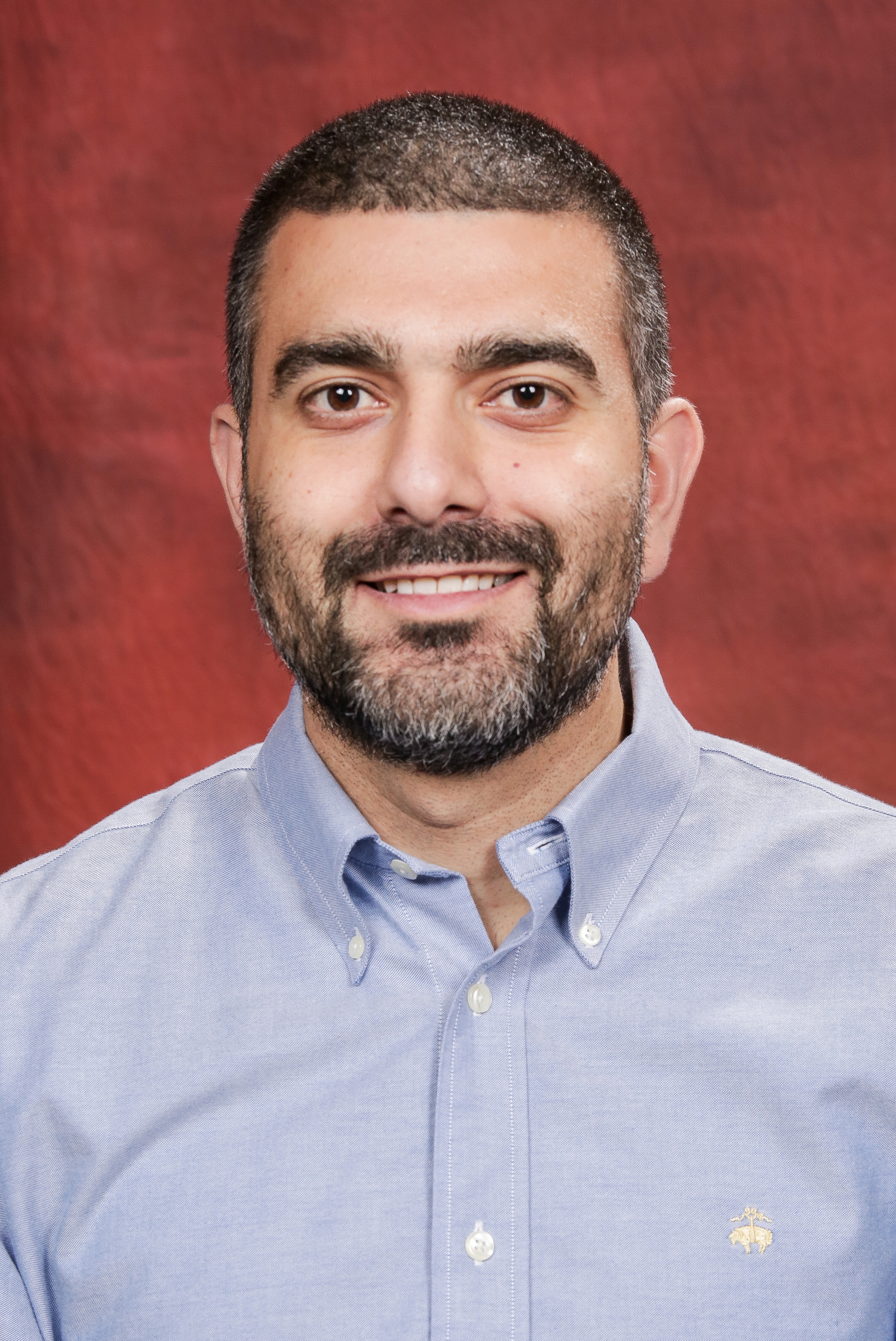RCC Spotlight: Dr. Jarrod Mousa

Dr. Jarrod Mousa began his career in academia at the University of North Florida, where he earned a bachelor’s in chemistry. After completing his bachelor’s degree, he pursued his doctorate in biochemistry at the University of Florida. Then, he completed his postdoctoral studies at Vanderbilt University Medical Center and opened The Mousa Lab at the University of Georgia. In 2023, Dr. Mousa had the opportunity to move his research lab to Florida State University’s College of Medicine. Currently, the Mousa lab consists of four postdoctoral fellows, four graduate students, three research technicians and two undergraduate students. The lab’s research focuses on microbiology and immunology; specifically the development of monoclonal antibody therapies and vaccines.
Dr. Mousa is particularly captivated by the immune system. He and his team attempt to discover new things about the immune system and how it can target viruses. These findings can be used by pharmaceutical companies to develop new therapies. For example, he has produced monoclonal antibody therapies that have been licensed by companies, helping reduce the burden of infectious diseases. His research focuses on infectious diseases including respiratory syncytial virus, human metapneumovirus, parainfluenza viruses, influenza virus and Streptococcus pneumoniae. These are pathogens that affect the respiratory system and commonly cause severe disease in the very young, elderly and immunocompromised.
While Dr. Mousa attempts to create new vaccines and therapies, he is also focused on improving current treatments. Most vaccines are not 100% effective, and some such as those for influenza virus are only 60% effective in any given year. Improving current vaccine formulas can enhance their effectiveness, resulting in long-term health benefits for future patients. However, this type of research requires a lot of computational capability, and the Research Computing Center (RCC) is the key to making this happen.
Dr. Mousa utilizes the High-Performance Compute cluster (HPC) at the RCC for data processing to support two research objectives. The first is next generation sequencing (NGS). NGS is used to identify new monoclonal antibodies from a human blood sample. To do so, Dr. Mousa and his team take a patient’s blood sample weeks after they had an infection and then identify a specific monoclonal antibody by looking at the sample’s blood cells. He then runs a specific program on the HPC that will analyze the sequence thousands of cells and enables his team to look at one cell at a time. Second, the HPC is used for data processing for cryo-electron microscopy. Unlike a typical microscope, a cryo-electron microscope shines electrons at a sample and highlights specific proteins, in high resolution. This can show how antibodies bind to virus molecules, detailing how viruses form. This research generates terabytes of data, and the RCC helps process and generate these images.

Figure 1 shows Cryo-EM structure of a human monoclonal antibody (red) binding the human metapneumovirus fusion protein (gray).
Through his groundbreaking research and innovative use of technology, Dr. Mousa continues to advance the fight against respiratory diseases, bringing hope for more effective treatments and vaccines in the future.
*Figures courtesy of Dr. Jarrod Mousa
